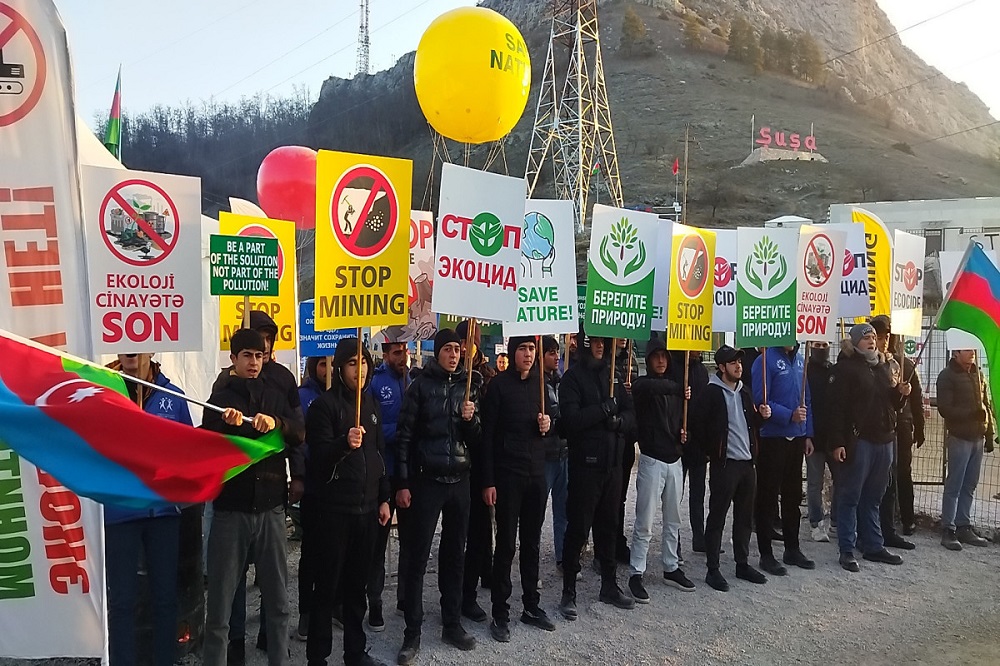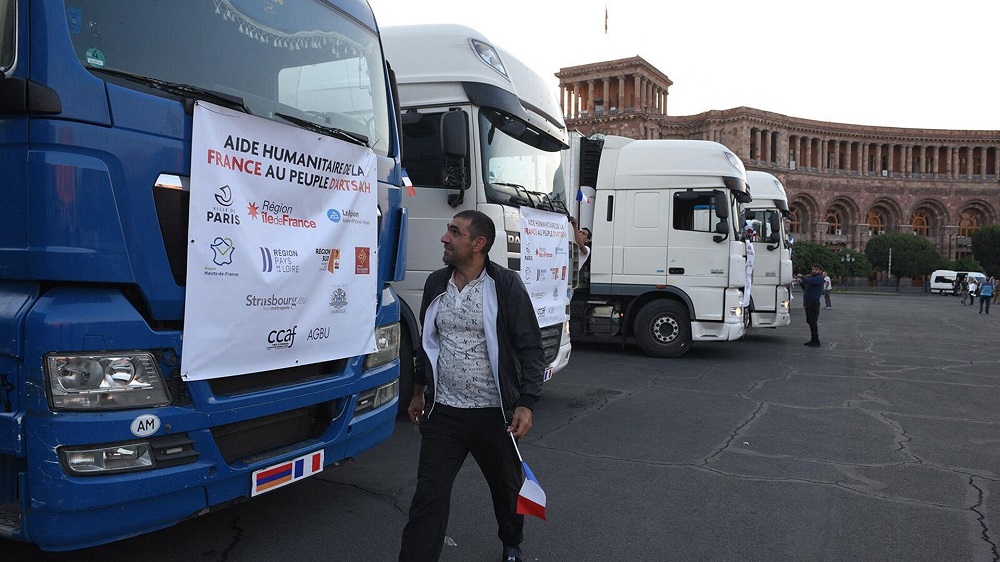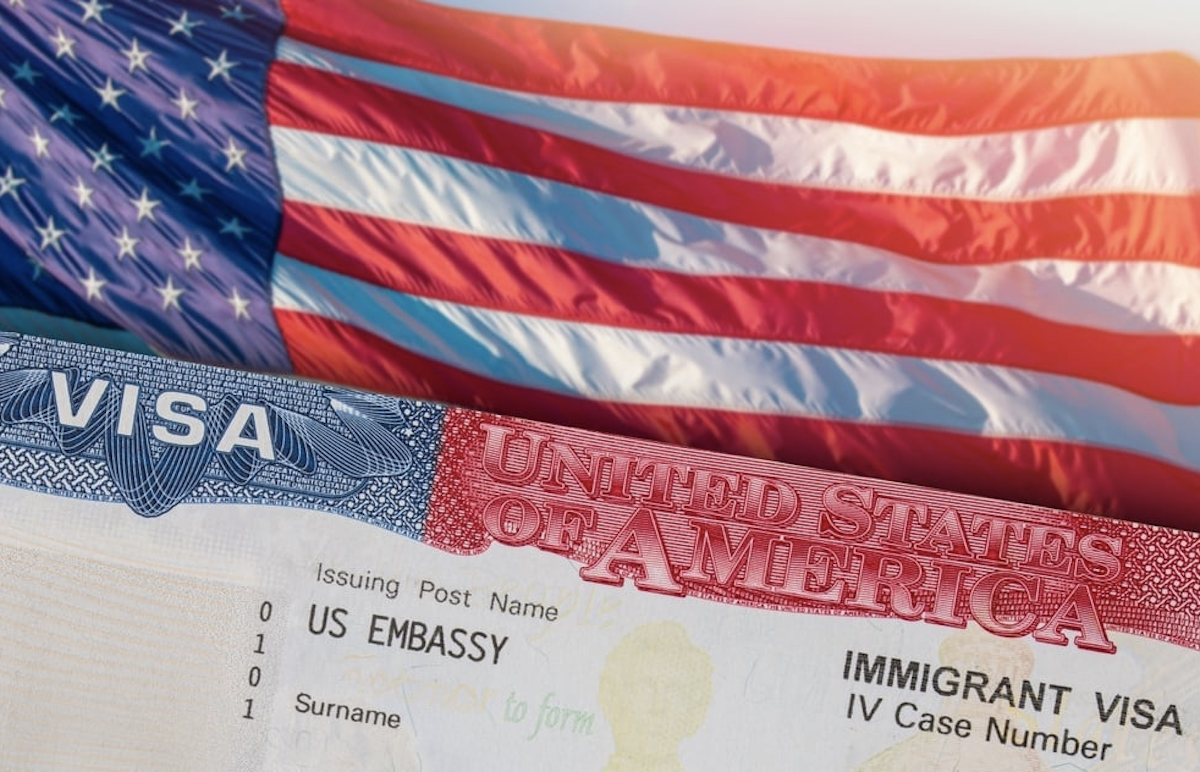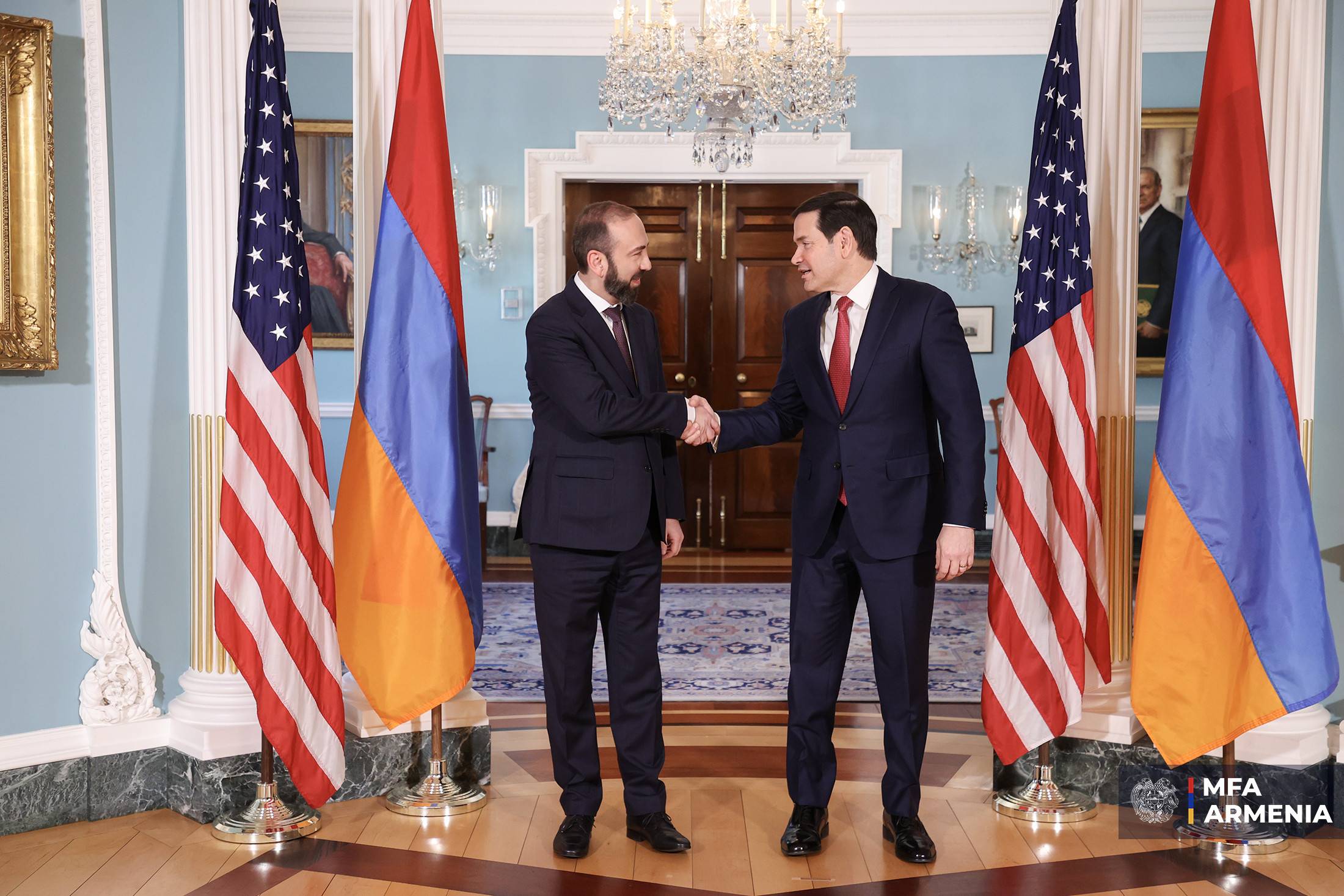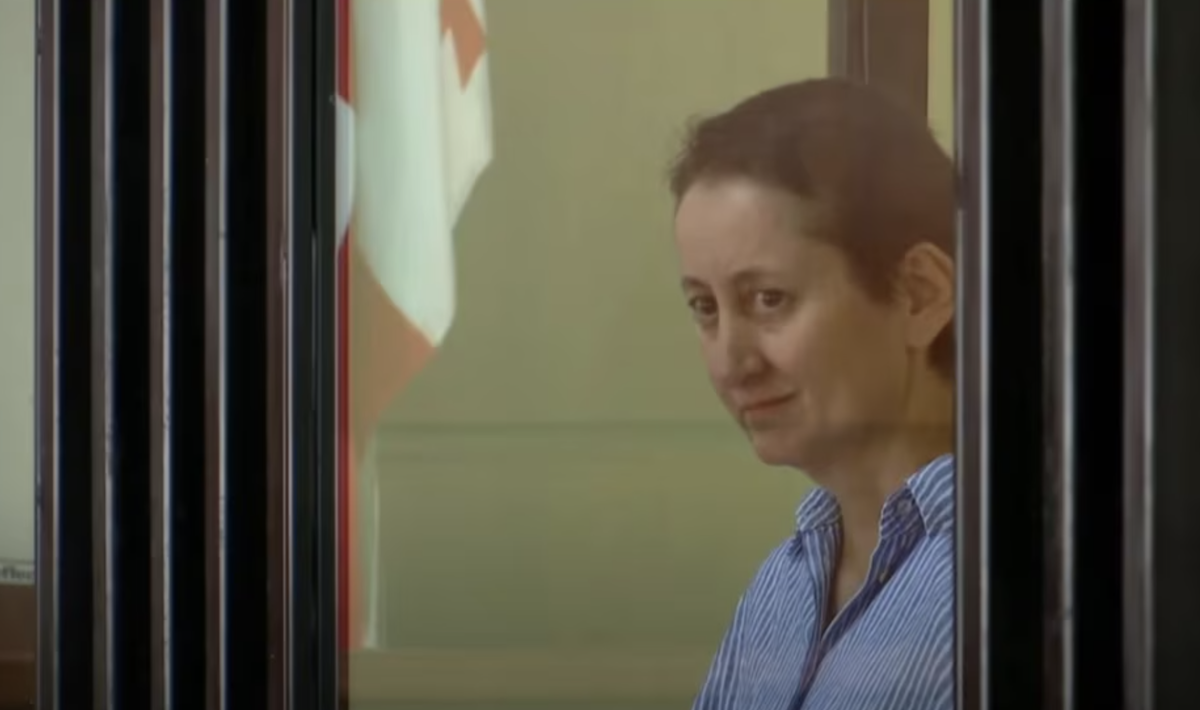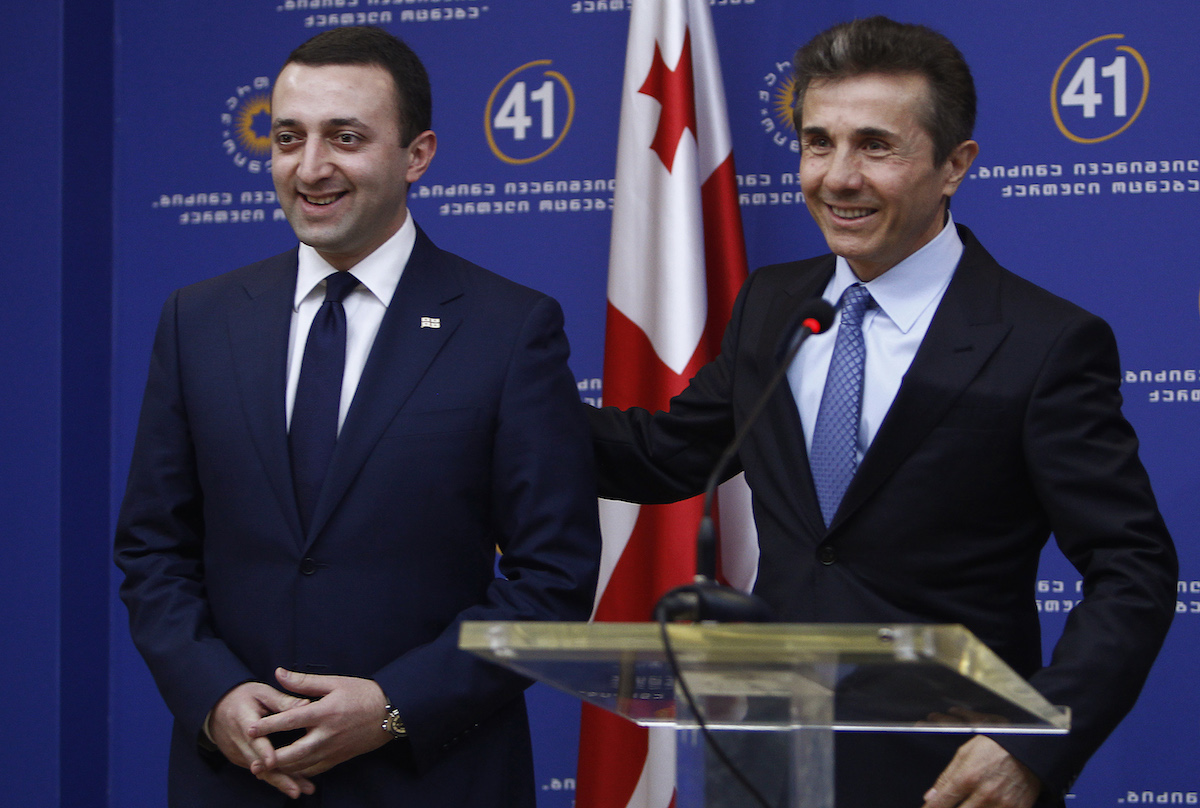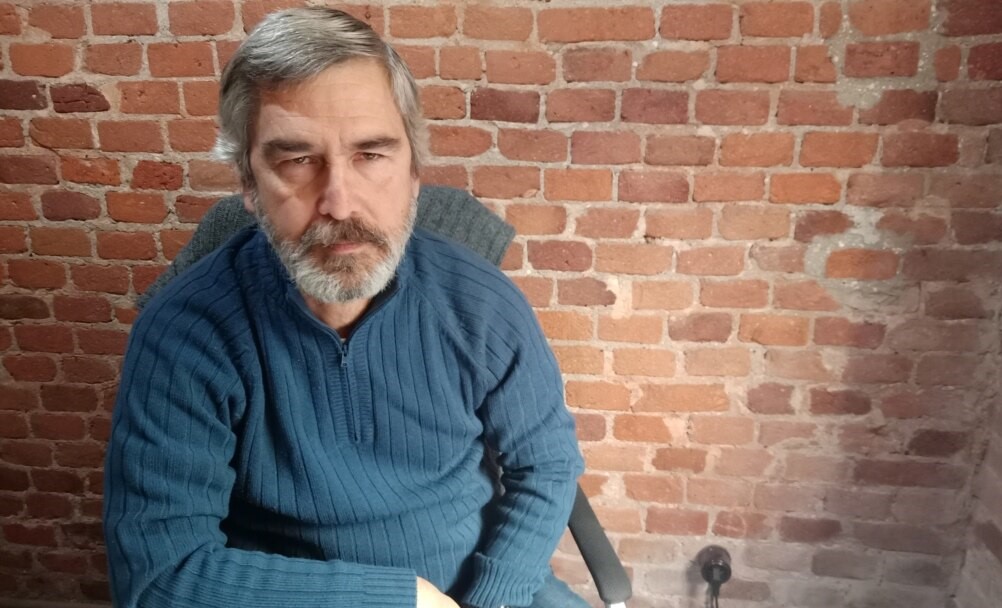Azerbaijani political scientist: "Azerbaijan does not want war with Armenia"
Political scientist about Armenia and Azerbaijan
Azerbaijani political scientist Zardusht Alizade responded to questions from the azpolitika outlet about the prospects of peace talks between Azerbaijan and Armenia, Armenia’s relations with Russia, and other processes occurring in the region and the world.
- “Government playing with numbers.” Comment from an economist from Baku
- The path to independence: can Armenia ensure its energy security?
About peace talks between Armenia and Azerbaijan at Western forums
“If the Armenian side resumes negotiations, this means that they accept the events that occurred before these talks. As you know, before the resumption of these negotiations, in September last year, a one-day anti-terrorist operation took place. In the eyes of the whole world, the problem was resolved without a single strike, not even a flick, on any Armenian, without insults. Everyone took their belongings, got into cars, and moved to Armenia.
This created new opportunities for Azerbaijan. Instead of telling Armenians, “Stay, live as ordinary citizens of Azerbaijan,” we started saying, “Return, live as citizens of Azerbaijan.”
And now we say: “Allow the residents of Western Azerbaijan to also return to their native lands” [referring to Azerbaijanis who lived in the territory of Armenia before the first Karabakh war — JAMnews].
The negotiations themselves indicate that neither Armenia nor Azerbaijan wants to be part of another military confrontation.
Is it true that Azerbaijan is preparing for a large-scale war with Armenia?
“First of all, Armenia is not capable of waging war against Azerbaijan. Secondly, Azerbaijan does not want to wage war against Armenia. Any ordinary Azerbaijani understands today: this is the favorite tool of the West.
The West pits one state against another, then starts campaigning that this poor people has become the victim of an aggressor country. Then it creates a coalition against that “aggressor” and, making decisions through international organizations, imposes sanctions against that country or starts bombing it.
If such a coalition is created against Azerbaijan, the first country to join such a coalition will be Russia, with whom we currently have good relations. Because Russia is now looking for opportunities to find points of contact with the West on at least some issue. And a coalition against Azerbaijan could become such a point between Russia and the West. I think we do not need this”.
About the return of eight villages to Azerbaijan
Zardusht Alizade says that the main question is how the residents of these villages, four of which are enclaves, will maintain economic, political, and humanitarian ties with Azerbaijan.
“Armenia is primarily concerned that if these villages are returned to Azerbaijan, there will be problems due to the road to Georgia. Because the road from Armenia to Georgia passes through the enclave villages, and this road will come under the control of Azerbaijan.
I can’t understand how this can affect the movement of Armenians. And Armenia is already in a precarious state.
It should also be considered that if some agreement is reached between Azerbaijan and Armenia, all problems between Armenia and Turkey will disappear the same day. Because the documents regulating the relations between these countries have been ready for a long time.”
About the territorial claims in the Constitution of Armenia, which Azerbaijan demands to change
“Armenia is considered an aggressor country because it makes claims on the territory of a neighboring state. We must declare this to the entire world so that Armenia is compelled to remove these clauses from its constitution. I believe this is a necessary step from the perspective of the information war.
There used to be an opinion that the Karabakh conflict was “a suitcase without a handle.” As if it was hard to carry but too precious to throw away. Today’s Armenia has long since thrown away this “suitcase.”
In the government and society in Armenia, there are forces that have been nourished by territorial claims and foolish assertions associated with this “suitcase.” Now their positions have weakened significantly, and this is good for us”.
About the tension in the relations between Russia and Armenia
Russia and Armenia have historical ties. Today, one million Armenians with Russian passports live in Russia, and several hundred thousand more without passports.
After the events in Karabakh, about 10,000 Karabakh Armenians moved to Russia. They lived in Armenia for a while and saw that they were not needed there. Many have relatives in Russia.
Given such close connections, it seems impossible to dismantle relations in an instant.
Can Russia impose economic sanctions against the Pashinyan government?
Pashinyan is quickly changing Armenian society. Before, many people said they would rather die than give up Karabakh. But now, 70 percent of them just want to resolve the issue and move on from the Karabakh problem.
Armenia wants to escape its unhealthy dependency on Russia while keeping the beneficial aspects of the relationship. Russia needs to realize that its days of dominance are over.
As I mentioned, Russia’s significant economic influence in Armenia can’t just be wiped out with a decree. It’s not possible to cut ties with Russia overnight, but Pashinyan is working to lessen Armenia’s reliance on Russia.
About the prospects of Armenia’s relations with the European Union
The very existence of the European Union is now in question. There are deep problems and contradictions within the EU. Seven to eight countries have been waiting for years to join this union. And now Armenia wants to join this queue. They have been told to wait their turn.










